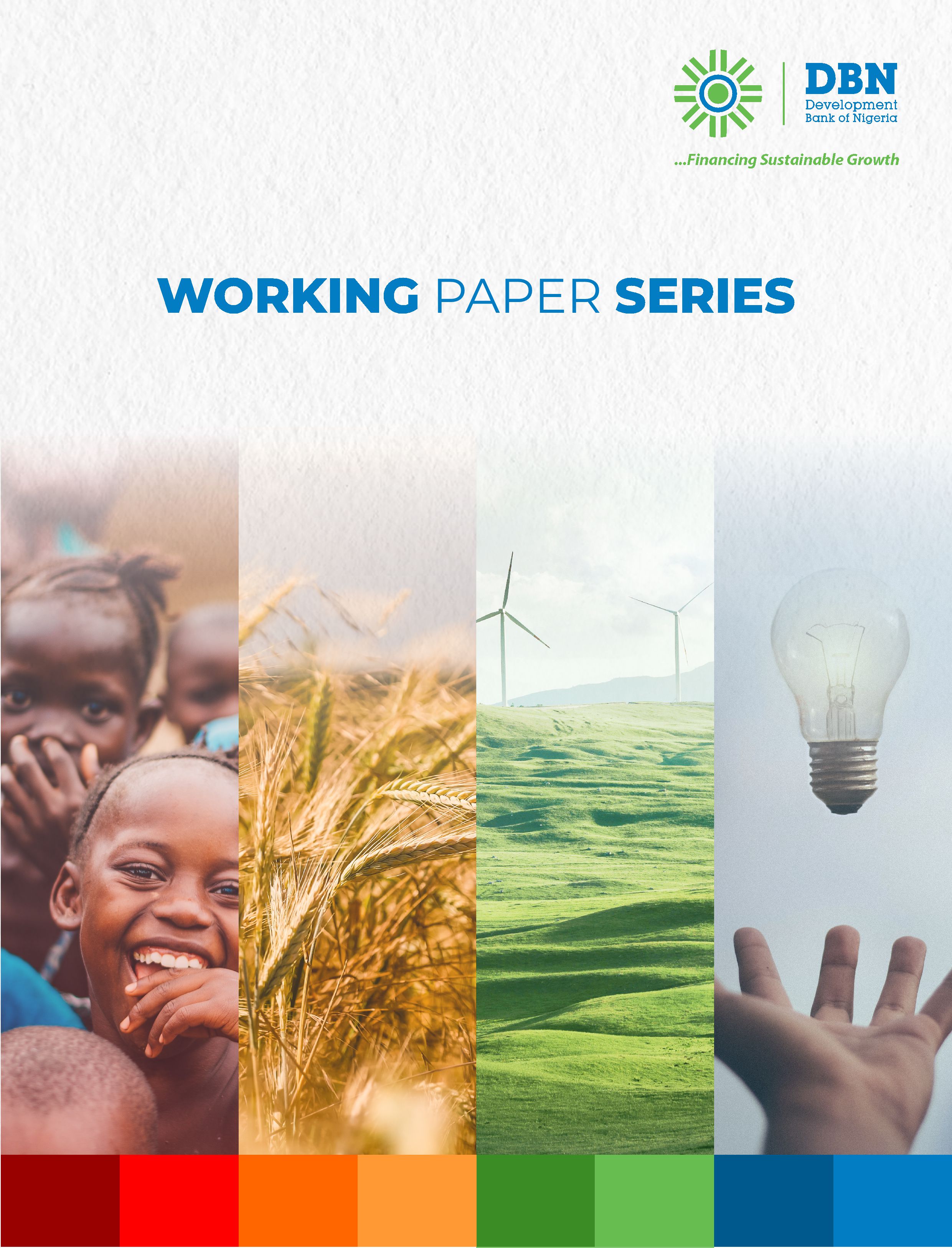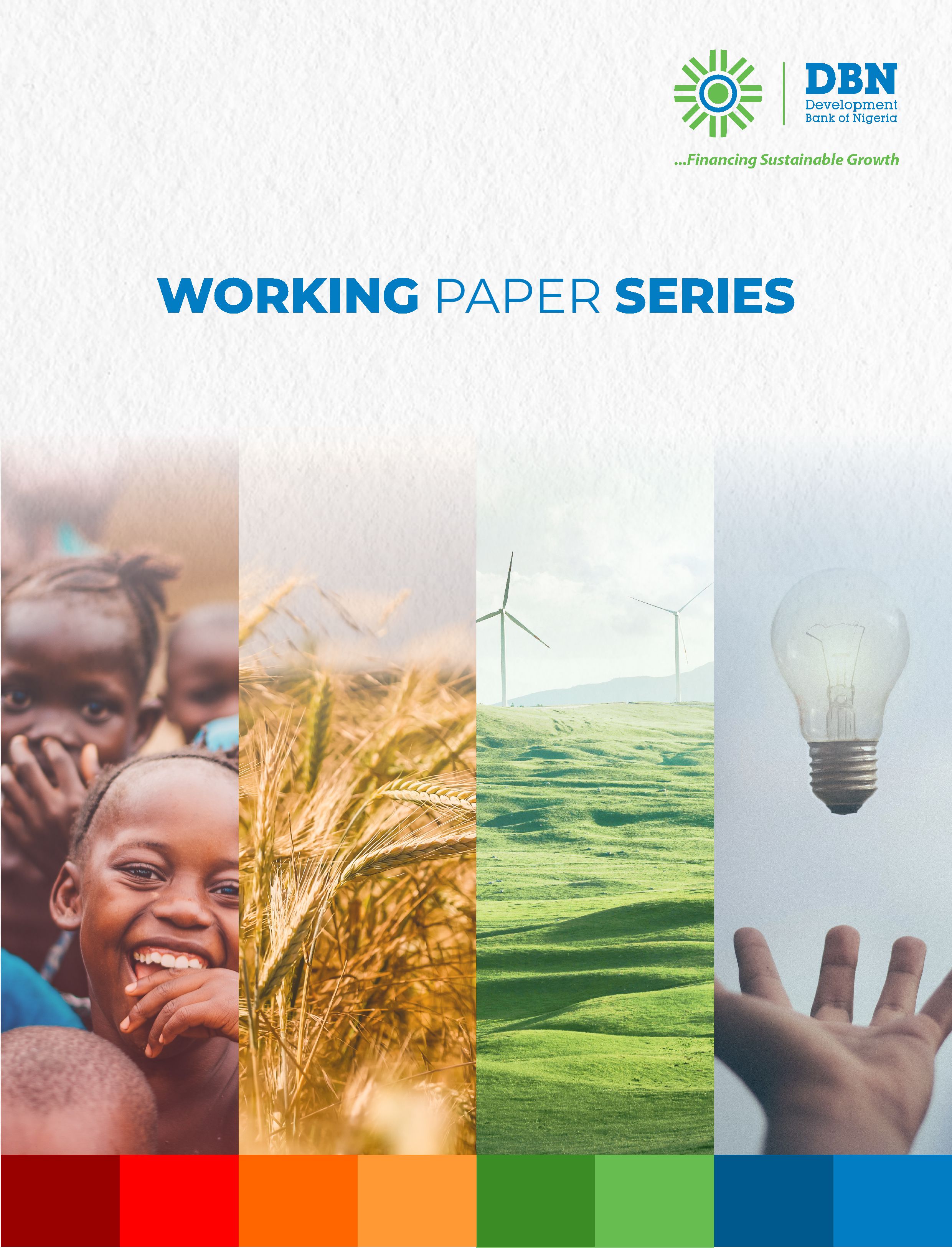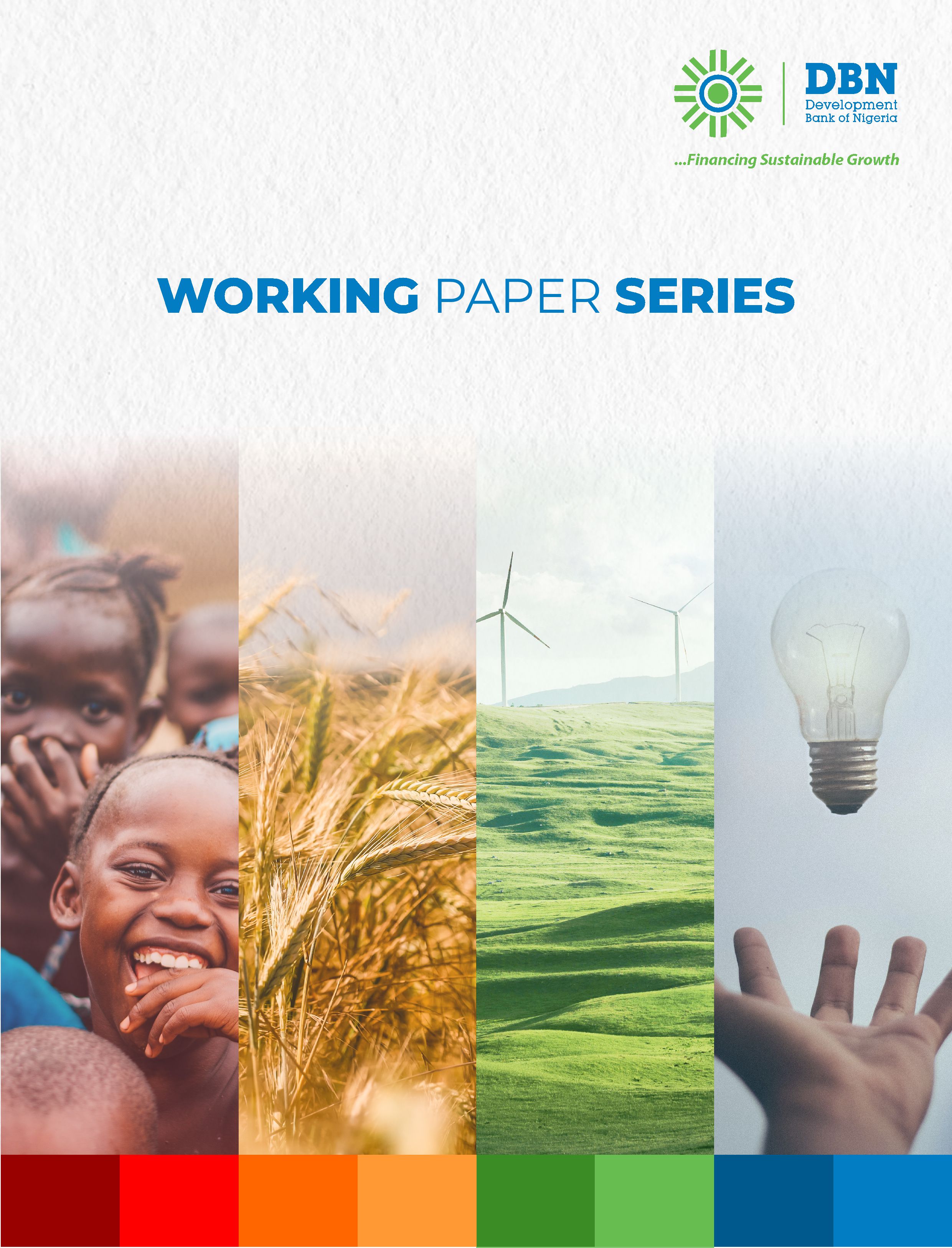
Publication Information
Published by: Admin
Published: 1 year ago
View: 325
Pages: 26
ISBN:
Abstract
The present study contributes to the extant literature by assessing how microfinance institutions (MFIs) affect female entrepreneurship, contingent on female unemployment levels. The study focuses on 44 countries in sub-Saharan Africa (SSA) for the period 2004 to 2018. The empirical evidence is based on interactive quantile regressions, which put emphasis on nations with high, low and intermediate levels of business constraints. The analysis is tailored to provide avoidable female unemployment levels in the implementation of policies designed for MFIs to promote female business ownership. The hypotheses that MFIs are favorable for female business owners and some critical rates of female unemployment should be avoided in order for the favorable incidence to be maintained is exclusively valid in the 10 th quantiles of the cost of business by females and time to start-up a business by females. Policy implications are discussed. This study has complemented the extant literature by providing actionable female unemployment critical masses that governments can act upon in tailoring the nexus between the relevance of MFIs in the doing of business by females.
Nicholas M. Odhiambo Mr
Simplice A. Asongu Prof
Related Publications

VOLUME 6 ISSUE 3 2023
The role of mobile money innovations in transforming unemployed women to self-employed women in sub-Saharan Africa

VOLUME 6 ISSUE 3 2023
The Impact of National Home Grown School Feeding Programme (NHGSFP) on Rural Communities in Nigeria

VOLUME 6 ISSUE 3 2023
Microfinance institutions and female entrepreneurship in Sub-Saharan Africa: avoidable female unemployment thresholds
